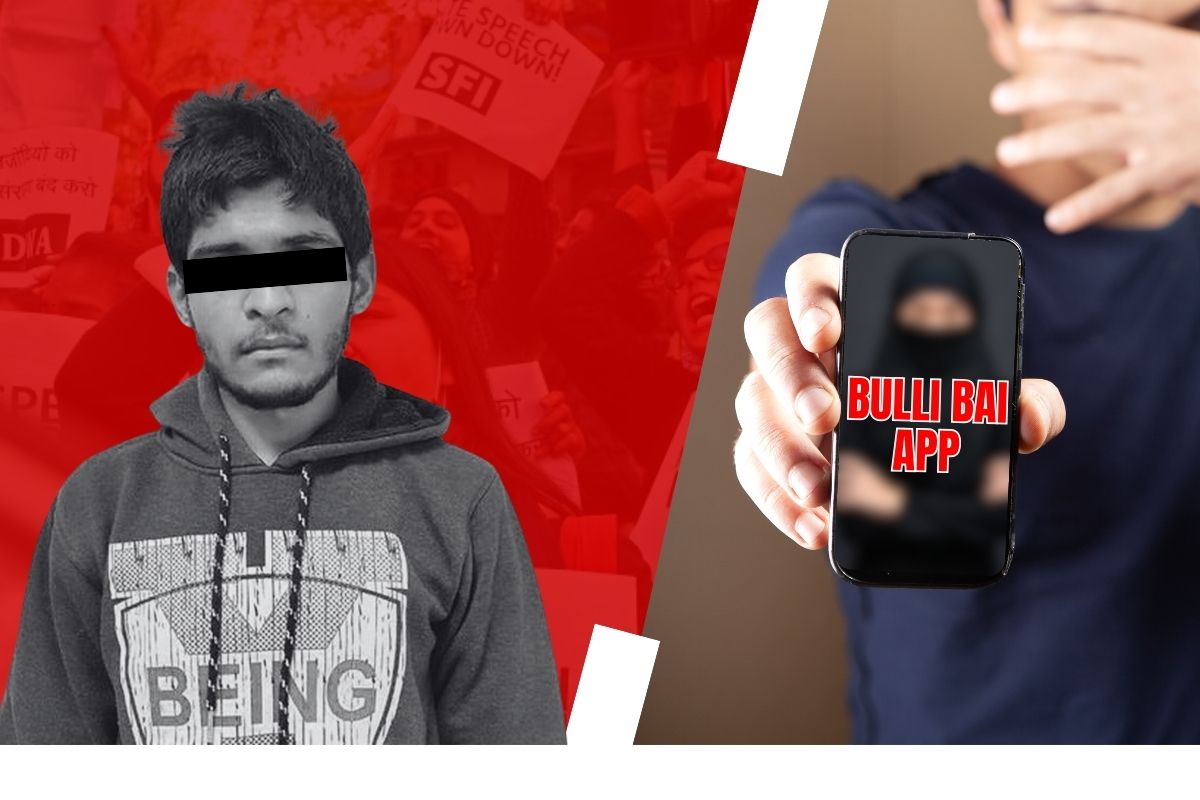


The Bulli Bai app has created great controversy all around the country because of its antagonistic intent and targeting of Muslim women. Though referred to as an “app,” it is not available in traditional outlets including the Apple App Store or Google Play Store. Instead, the Bulli Bai app served as a deadly tech tool located on GitHub, a free open-source code-sharing platform. This debate has brought back conversations on internet harassment, technological abuse, and the necessity of tougher laws to stop such events.
Table of Contents
ToggleThe Bulli Bai app can best be described as a hateful tech tool created to harass, intimidate, and objectify Muslim women. The tool purported to “auction” women by displaying their photos and details sourced without consent from their social media profiles. Although called an app, Bulli Bai was not a downloadable software or mobile application. It was instead a basic piece of code hosted on GitHub that operated like a gallery, listing the targeted individuals with fake price tags.
The Bulli Bai controversy is not an isolated incident. A similar tool called Sulli Deals was created earlier in July 2021. Both tools targeted Muslim women by objectifying them and sharing their details online. The similarities between Bulli Bai and Sulli Deals have raised suspicions that the same individuals or groups might be behind both incidents.
Regarding Sulli Deals, initially, no arrests were taken despite public indignation and Delhi Police complaints received. Authorities have responded, nevertheless, after the Bulli Bai affair, arresting multiple people.
GitHub, a Microsoft-owned open-source portal, housed both Bulli Bai and Sulli Deals. GitHub removed the damaging code in response to complaints, but the platform has come under fire for hosting such hazardous content and for poor reaction times.
GitHub said in a statement, “GitHub has longstanding policies forbidding content and behavior including harassment, discrimination, and inciting violence. Examining claims of such activity—all of which go against our policies—we suspended a user account.” Still, there are unanswered issues about GitHub’s future behavior to avoid such circumstances.
The Bulli Bai app helped several people to get arrested throughout India. Important specifics consist in:
The Delhi Police objected to Niraj Bishnoi’s bail request in the Patiala House Court. Emphasizing the gravity of the accusations, the prosecution said that the inquiry was still in its early phases. Public Prosecutor Advocate Irfan Ahmed pointed out that Bishnoi’s activities included disparaging material aimed at ladies of a particular community.
The Magistrate Court previously denied bail, stating that the app ran a vilification campaign against women journalists, activists, and other prominent Muslim women. The court highlighted that the app’s objective was to humiliate and objectify these women by portraying them in a derogatory manner.
During interrogation, Bishnoi admitted to developing the Bulli Bai app in November 2021 and updating it during New Year’s Eve. The tool listed hundreds of women, with their images sourced and doctored without permission.
The individuals allegedly behind both Bulli Bai and Sulli Deals were found to be college students active on social media. Authorities think they belong to hate organizations aiming at harassed and abused individuals. The events have revealed the darker side of social media and internet platforms, where hate may be disseminated and underprivileged groups targeted using hostile instruments.
Like its precursor Sulli Deals, the Bulli Bai app controversy emphasizes the critical need for legislative systems to stop the use of technology for hate and harassment. Even though Hub deleted the material and authorities arrested the authors, issues of internet safety and responsibility still surround them.
The arrests of young people engaged in these instances serve as a sobering reminder of the impact of hate organizations and the obligations connected with internet platforms.

